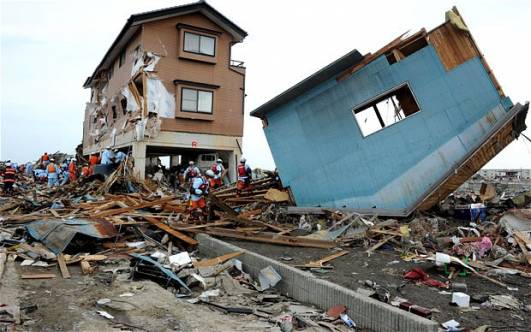Being that I live in California, we have many earthquakes all the time. The San Andreas fault goes right through the state and meets another one. So, our earthquake hazard is high.
If the region in which you live has not experienced an earthquake in 200 years, is your earthquake hazard low?
There is really no answer to that. It depends on where you are. Three cities are under sentence of death because of earthquake damage likely in the next fifty years. Tokyo, Istanbul and San Francisco. All have had earthquakes within the last 200 years. Parts of the world have not had earthquakes for 1000 years, and there are unlikely to be any in the next 1000.
Yes, your earthquake hazard is low if the region that you live in has not had an earthquake for 200 years. That said, it is important not to get complacent because an earthquake can still strike.

I live in the UK and we don't really get earthquakes at all. We get tiny tremors but they are the kind of thing we can sleep through generally so I am lucky not to have experienced real danger in that way.
The thing with mother nature and natural disasters is that, although most countries have sophisticated ways of detecting danger, we still get caught out. Therefore, a low hazard is never a no hazard. Who knows, we might even get bad ones here in the UK one day, though I rather hope not!
One of the
worst earthquakes ever recorded was in Shaanxi, China on 23 January 1556. Many
victims were killed when their houses, which were built in the hillsides, collapsed.
The death toll was over 830,000.
The Tangshan earthquake in 1976 was the
deadliest of the 20th century killing between 240,000 and 655,000
people.